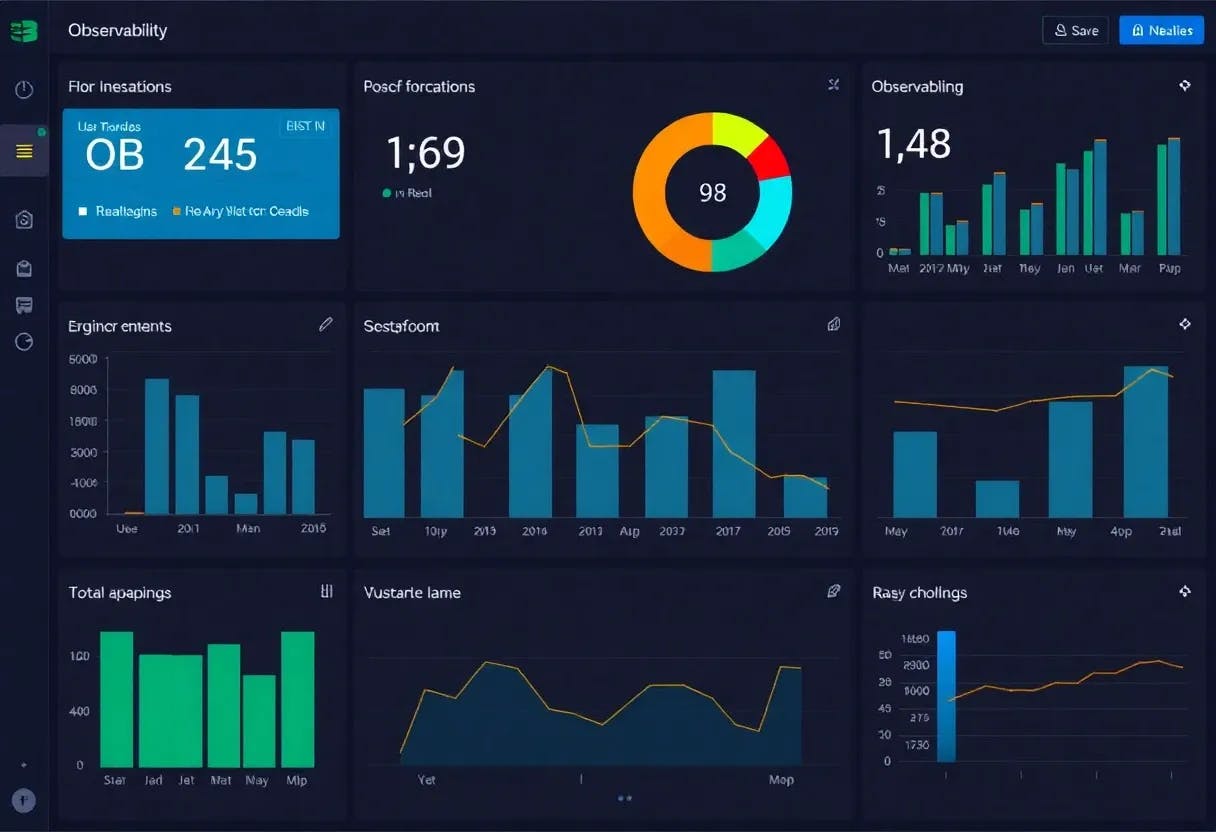If all goes according to plan Debian 13.0 will be released this weekend. Already in its effectively final state aside from any last minute fixes, I’ve begun running Debian 13 testing builds on various systems in the lab to great success. With two years since Debian 12, the new software packages of Debian 13 help in delivering better performance especially on modern systems. Here is a look at Debian 12 versus Debian 13 performance on an AMD EPYC server across 130 benchmarks. Coincidentally, Debian 13 is coming in at 13% faster than Debian 12.
Debian 13 is shaping up to be another strong release for this Linux distribution. Going from Debian 12 to Debian 13 means jumping from Linux 6.1 to Linux 6.12 LTS, GNOME 43 to GNOME 48 for the default desktop, GCC 12.2 to the GCC 14.2 compiler used by default, and a wealth of other package upgrades like Python 3.11 to Python 3.13 and OpenJDK Java 21 replacing Java 17 as the default.
There are tons of other software updates too throughout the Debian repository with this imminent Debian 13 “Trixie” release. Aside from the package upgrades, Debian 13 is introducing official support for RISC-V 64-bit, HTTP boot support using UEFI and U-Boot, completing the 64-bit “time_t” ABI transition, continued work on reproducible builds, and countless other refinements made over the past two years.
For getting an idea of the Debian 13 performance on modern hardware, I ran 130 benchmarks across a clean install of Debian 12.11 followed by a clean install of Debian 13.0 testing as of last week. The same server was used for all of the testing with being a high-end AMD EPYC 9965 2P server with 1.5TB of RAM and 1TB NVMe SSD.








